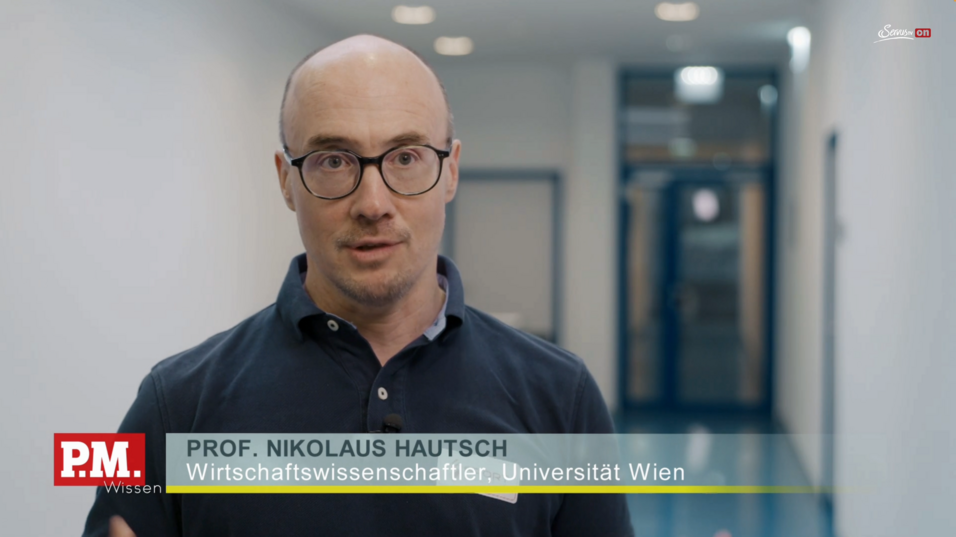On 27 April 2023, the project was featured in the TV magazine PM Wissen. Robert Sens, the national coach of the Austrian Rowing Federation, wants to use artificial intelligence at the Institute of Sport Sciences together with data scientist Nikolaus Hautsch to bring athletes to top form. He says that in order to participate in the Olympic Games, you have to train for about 10 years, during which time as little as possible should go wrong. AIs can certainly help to monitor this period constantly and safely. In future, the AI will monitor how effective the training is and predict competition times accordingly. If it can do this, it can independently set up training plans that are specifically tailored to an athlete and get the best out of him or her.
In the early stages of the project, data collection is underway using portable measuring devices that capture various metrics including training duration, heart rate, sleep patterns, oxygen saturation, skin temperature, and blood pressure. Around 40 rowing athletes have been actively recording their data along with their stress levels and exhaustion through an app. While data recording itself is not new, the novelty lies in the method of linking these diverse data points together for analysis and insights, as highlighted by Nikolaus Hautsch.
Through data analysis, the AI aims to understand individual athlete responses to training, as it can vary. Training sessions have dual effects, initially enhancing performance but potentially leading to fatigue and reduced performance. Sens highlights that what works for one athlete may not work for another, and what was effective in the past may not guarantee success in the future. The AI's objective is to tailor training approaches based on individual needs to optimise performance while minimising fatigue, ultimately providing athletes with a competitive edge.
Nikolaus Hautsch and Robert Sens currently have access to the initial collected data and can draw their own conclusions. By analyzing the data, they can make assumptions such as suggesting that an athlete who consistently performs well with minimal fatigue could potentially benefit from more intense training to achieve their best time. The AI system aims to support these assumptions by utilizing the data to predict competition times and create customized training plans tailored to each athlete's needs.
To ensure consistent test results, specific training sessions are conducted at regular intervals. This allows the AI to continually assess training progress. By comparing predictions with actual performance through regular testing, Hautsch highlights the iterative process of machine learning. The models are continuously refined and predictions are gradually enhanced to align more closely with the athletes' actual performance, thus improving the accuracy of forecasts over time.
The successful implementation of AI in training optimization holds immense potential for researchers, with unforeseen possibilities. Sens emphasizes that the AI may propose ideas that initially seem absurd because they have not been attempted before or proven effective. While predicting whether an athlete can win a gold medal remains a distant aspiration, the scientists are confident that AI support will become indispensable for achieving success in endurance and potentially even game sports by 2032. The Austrian rowing team aims to embrace AI support at the earliest opportunity to stay competitive in their sport.

